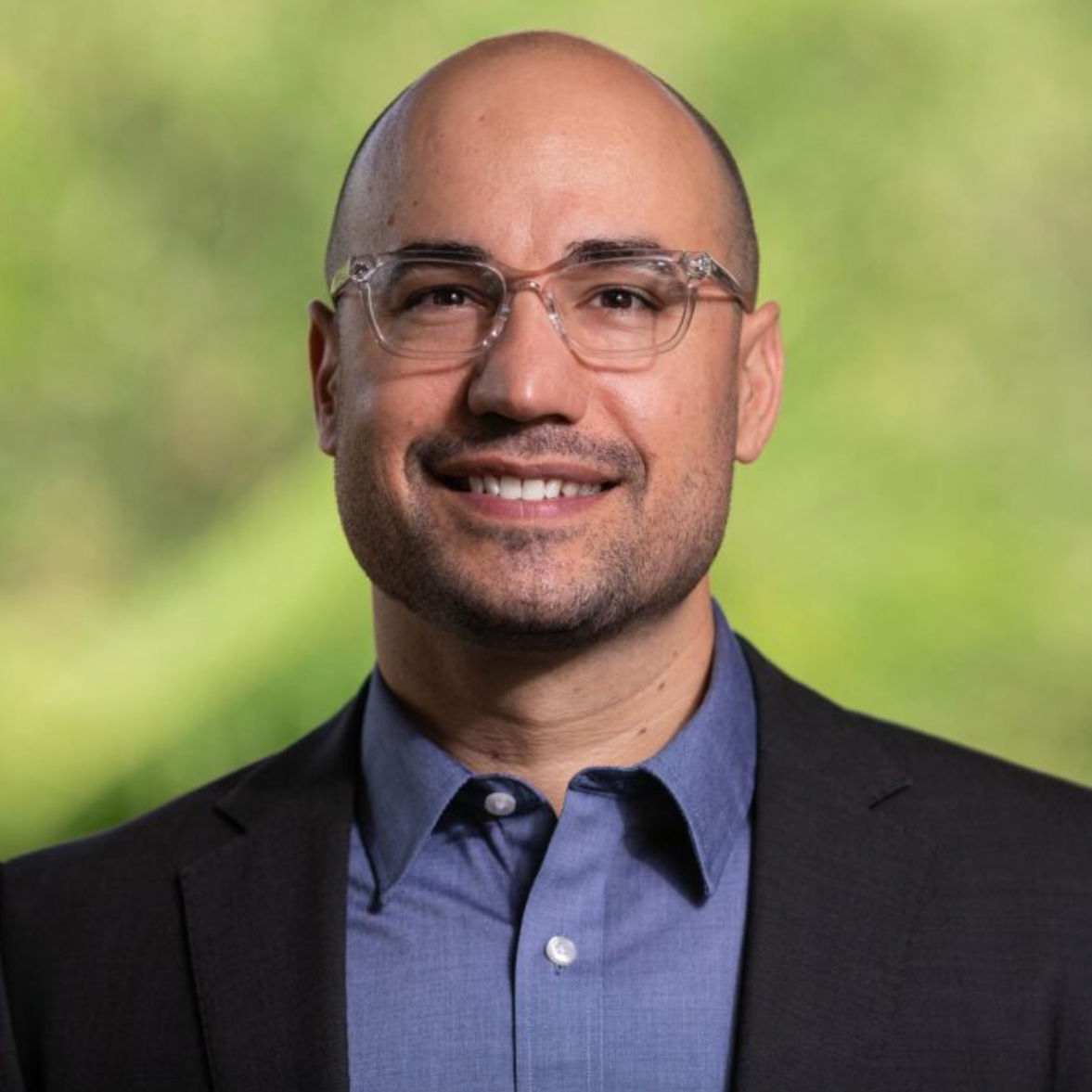About This Project
While group drumming has shown promise for reducing stress and enhancing social bonds, our pilot study (n=34) suggests that age, prior music experience, and academic status may shape how college students respond to this intervention. Based on these findings, we are investigating how a short, community-focused drumming impacts mood and physiological markers of stress. This multi-level analysis will help us determine whether drumming benefits all students similarly or by specific subgroups.
Ask the Scientists
Join The DiscussionWhat is the context of this research?
Music has long served therapeutic purposes, bolstering immune function, easing pain and anxiety, and building social bonds (Kurdi & Gasti, 2017; Thaut et al., 2025). In particular, group drumming combines movement and collective synchronization, potentially yielding benefits that surpass those seen in other music-based therapies (Ascenso et al., 2018; Fancourt et al., 2016). Our pilot study (n = 34) revealed that younger students (≤20 years old) and those with prior music training exhibited higher emotional reactivity after a 45-minute Adlerian drumming session. These results—summarized in a linked Lab Note—guide our study to investigate how the same session affects heart rate, blood pressure, and salivary biomarkers (cortisol, IgA, CRP, DHEA, oxytocin, and glucose) alongside mood and social interest scores. By clarifying which subgroup benefits most and why, we aim to provide campuses with a low-cost, scalable intervention against escalating student stress.
What is the significance of this project?
Our preliminary findings highlight that younger students and underclassmen respond more strongly to drumming, suggesting that “one-size-fits-all” interventions might miss important clues in how students from different backgrounds benefit. By pinpointing which factors—like psychological (variables of mood and social interest) or physiological markers (heart rate, blood pressure, cortisol, IgA, CRP, DHEA, oxytocin, glucose) of stress—influence this reactivity, we can tailor music-based interventions to maximize effectiveness. This approach could help campus wellness programs target the students who stand to gain the most while also informing broader mental health initiatives that use rhythmic, community-focused activities to reduce stress and foster connection.
What are the goals of the project?
Building on pilot findings that younger students and those with prior music training respond more strongly, we will refine data collectionby adding a brief mood/social-interest survey and salivary stress panels to probe subgroup differences. Participants will complete a 45-minute Adlerian drumming session, with within-subject pre- and post-measures, and a 5-minute seated-rest baseline serving as controls for emotional (mood, social interest) and physiological markers (heart rate, blood pressure, cortisol, IgA, CRP, DHEA, oxytocin, glucose). Age, academic year, and musical background will help pinpoint who benefits most—and why. Paired t-tests, correlations, and principal component analysis (α = 0.05) will reveal multivariate response patterns. Our findings will inform an evidence-based “Drumming for Wellness” toolkit, featuring session scripts, dosage guidelines, and subgroup tips, for campus programs, delivering a cost-effective, music-based mental health intervention.
Budget
Salivary Biomarker Analysis ($3800) – Supports the measurement of stress-related biomarkers (Cortisol, IgA, CRP, DHEA, Oxytocin, Glucose) before and after drumming sessions, providing objective physiological data on stress reduction.
-
Biochemical Reagents & Supplies ($1,000) – Covers consumables, including chemicals to prepare buffers, gloves, reagent boats, pipette tips, and other needed consumables supplies
Equipment to measure heart rate and blood pressure ($400) - Funds the purchase of clinical-grade monitors to capture participants’ cardiovascular (heart rate and blood pressure) data before and after the drumming sessions
-
Data Management and Analysis and Publication Costs ($600) – Supports sample inventory and data management cloud platforms, statistical analysis, and dissemination of findings through publications and presentations.
Endorsed by
 Project Timeline
Project Timeline
Participant sessions run in August 2025, with all data collected before classes intensify. Saliva assays (cortisol, IgA, CRP, DHEA, oxytocin, glucose) and ELISA QC will occur Oct 2025–Feb 2026, while physiological and survey data are cleaned and analyzed in parallel through March. Early results inform a February 2026 conference abstract. We draft the manuscript in March and submit it to a peer-reviewed journal by April 2026, along with posting an open-access data brief for backers.
Jun 30, 2025
Project Launched
Dec 01, 2025
Complete 1st-batch of biomarker measurement.
Dec 15, 2025
Interpret results from the 1st-batch biomarker measurement.
Feb 02, 2026
Present preliminary findings at a national conference.
Mar 02, 2026
Complete all biomarker measurements and interpret all the results.
Meet the Team
Affiliates
Team Bio
Dr. Félix E. Rivera-Mariani – Associate Professor at Lynn University with expertise in biochemistry, immunology, environmental health, data science, and computational biology, focusing on biomarkers discovery.
Dr. Jon Sperry – Associate Professor of Clinical Mental Health Counseling at Lynn University, specializing in counseling theories, psychopathology, and case conceptualization.
Megan Roumsey – Research assistant specializing in music therapy and stress-related physiological responses.
Felix E. Rivera-Mariani, PhD FAAAAI
I am an Associate Professor at Lynn University with a passion for interfacing biochemistry, immunology, microbiology, environmental health, and computational biology, focusing on biomarker discovery. My research centers on discovering biomarkers to characterize different physiological disease states to deploy intervention strategies. After completing my Ph.D. in Microbiology and Medical Zoology at the University of Puerto Rico School of Medicine and a postdoctoral fellowship in Environmental Health Sciences at Johns Hopkins University, I served as an Assistant Scientist at the University of Miami Miller School of Medicine and as an Assistant Professor at Larkin University.
I am the founder, principal investigator, and director of the RIPLRT Institute, which mentors aspiring scientists—particularly those from underrepresented backgrounds—while pioneering interdisciplinary research in environmental and respiratory health. I am also the founder of Vistazo A La Ciencia, a science communication platform that brings biomedical research to broader audiences. My scholarly achievements include peer-reviewed publications, extramurally-funded projects ( with grants from NIH, CDC, Puerto Rico Public Health Trust, etc.), and presentations at major scientific regional, national, and international conferences. I am also a computational biologist and data scientist trained in data science, genomics, bioinformatics, and AI (including from Johns Hopkins, UC San Diego, Mt. Sinai, and Vanderbilt University); I use R, Python, and MATLAB to build reproducible analytical pipelines. At Lynn University, I teach biochemistry, microbiology, and advanced topics in biology while mentoring students to cultivate a new generation of innovators committed to advancing health equity through science, education, and mentorship.
Here is my website: https://www.friveram.com
Megan Ramsey
I earned my undergraduate degree in Psychology from Lynn University, completing the three-year track and graduating summa cum laude. I am now a graduate student in their Clinical Mental Health Counseling program. As a Research Assistant for Exploring Group Drumming's Effects on Stress Biomarkers and Social Well-Being Among College Students, I work with lead investigators Dr. Felix E. Rivera-Mariani and Dr. Jon Sperry to examine the potential influences of group drumming on physiological stress responses and social dynamics. My role involves assisting in data collection and analysis.
I co-authored a poster presentation with Dr. Jon Sperry, Immediate Effects of an Adlerian-Based Group Drumming Intervention on Cortisol, Mood, and Social Interest Among College Students, which was presented at the 71st Annual Conference for the North American Society of Adlerian Psychology (NASAP).
My research interests include creative arts therapies and evidence-based interventions that promote mental health and well-being.
Jon Sperry
Jon Sperry, Ph.D. is a Professor in the Clinical Mental Health Counseling program at Lynn University and works in private practice in the United States.He served as President of the North American Society of Adlerian Psychology (NASAP) from 2017-2018; and, he is currently the co-editor of the Journal of Individual Psychology (JIP). He has co-authored eight psychotherapy textbooks and has lectured in 28 different countries.
Additional Information
IRB Protocol: 22.04
Link to the IRB approval letter
Project Backers
- 3Backers
- 3%Funded
- $120Total Donations
- $40.00Average Donation



